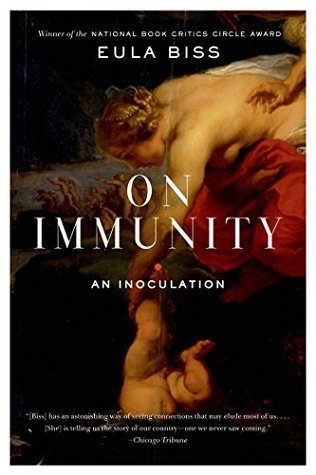More on this book
Community
Kindle Notes & Highlights
The fact that the press is an unreliable source of information was one of the refrains of my conversations with other mothers, along with the fact that the government is inept, and that big pharmaceutical companies are corrupting medicine. I agreed with all these concerns, but I was disturbed by the worldview they suggested: nobody can be trusted.
we imagine the action of a vaccine not just in terms of how it affects a single body, but also in terms of how it affects the collective body of a community, it is fair to think of vaccination as a kind of banking of immunity. Contributions to this bank are donations to those who cannot or will not be protected by their own immunity. This is the principle of herd immunity, and it is through herd immunity that mass vaccination becomes far more effective than individual vaccination.
“Anti-vaccinators were quick to draw on the political, emotive, or rhetorical value of the slave, or of the colonized African,” Durbach writes of the movement in Britain. “They were quicker still to claim that the suffering of white English citizens took precedence over that of the oppressed elsewhere.” Their primary concern, in other words, was with people like them.
Power, of course, is vampiric. We enjoy it only because someone else does not. Power is what philosophers would call a positional good, meaning that its value is determined by how much of it one has in comparison to other people. Privilege, too, is a positional good, and some have argued that health is as well.
Immunity is a public space. And it can be occupied by those who choose not to carry immunity. For some of the mothers I know, a refusal to vaccinate falls under a broader resistance to capitalism. But refusing immunity as a form of civil disobedience bears an unsettling resemblance to the very structure the Occupy movement seeks to disrupt—a privileged 1 percent are sheltered from risk while they draw resources from the other 99 percent.
That so many of us find it entirely plausible that a vast network of researchers and health officials and doctors worldwide would willfully harm children for money is evidence of what capitalism is really taking from us. Capitalism has already impoverished the working people who generate wealth for others. And capitalism has already impoverished us culturally, robbing unmarketable art of its value. But when we begin to see the pressures of capitalism as innate laws of human motivation, when we begin to believe that everyone is owned, then we are truly impoverished.


